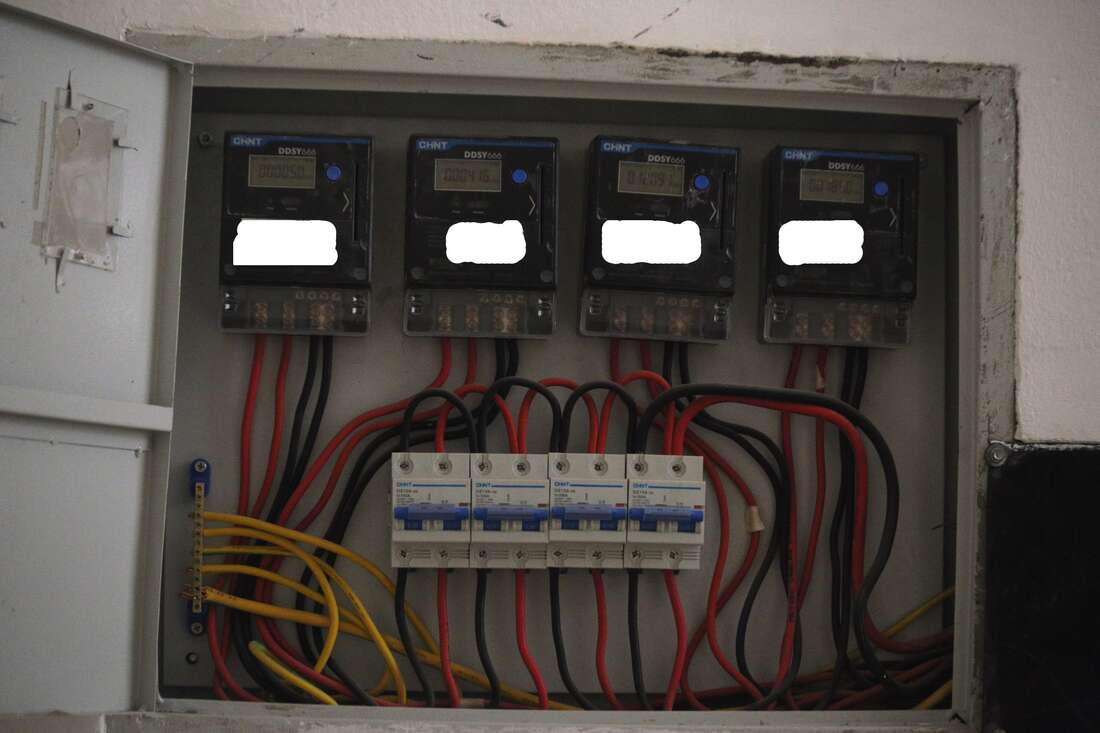Consumers paid an additional Sh5.06 billion to Kenya Power in the year ended June for electricity theft and leakages from an ageing transmission network.
The extra cost came after the energy regulator gave Kenya Power more room to bill consumers the additional losses it incurs for electricity bought from generators such as KenGen that does not reach homes and businesses, technically known as system losses.
The Energy and Petroleum Regulatory Authority (Epra) in July last year allowed Kenya Power to recover system losses equivalent to 19.9 percent of the units it buys from generators, up from 14.9 per cent.
This saw consumers pay an extra Sh5.06 billion, pushing their total cost burden for electricity theft and leakages to Sh20.1 billion based on system losses of 24.14 percent for the year to June.
Using the previous recovery allowance of 14.9 percent, Kenya Power would have billed consumers Sh15 billion.
This underlines the impact of giving the company more headroom to make consumers pay for its inefficiencies.
“These losses contribute to high power charges to the consumers since the industry regulator allows the company to charge up to 19.9 percent of the power losses to consumers,” the Auditor-General said in her remarks on Kenya Power’s accounts.
Kenya Power brought 12,131 gigawatt-hours (GWh) in the review period but only sold 9,203 GWh or 75.86 percent of the units. This means that 2,928 GWh or 24.14 percent of the units was lost.
The company, however, billed consumers for 2,414 GWh out of the lost units, resulting in a charge of Sh20.1 billion under the 19.9 percent system loss recovery margin.
The utility absorbed losses above the regulatory margin of 19.9 percent, leading to lost earnings of about Sh6.7 billion had the power been billed on consumers.
The Auditor-General said the excess power loss above the approved recovery rate of 19.9 percent “constitutes unaccounted for power which though the cost is not passed on to the consumers, it increases the operating costs of the company.”Analysis of the system losses and recovery is based on disclosures of the utility firm’s operations by the Auditor-General. Kenya Power is allowed to recover part of the system losses based on the cost of power purchase and not what it would sell the units to households and businesses.Kenya Power’s system losses in the review period stood at 24.14 percent, significantly above the global benchmark of 15 percent.The company says reducing electricity losses is part of its ongoing reform agenda.“The […]
